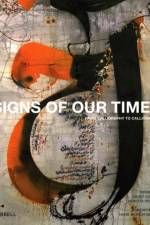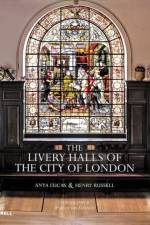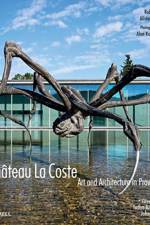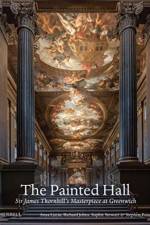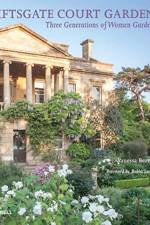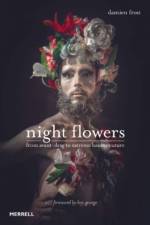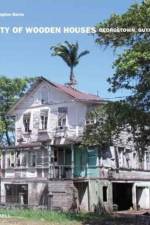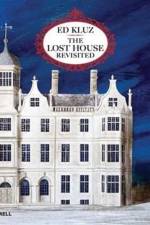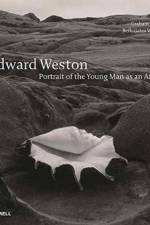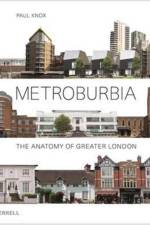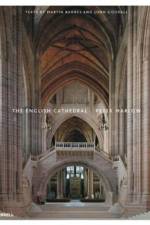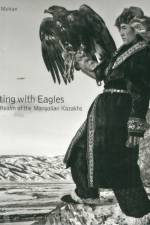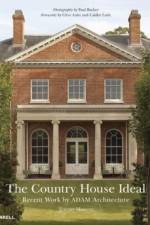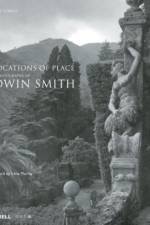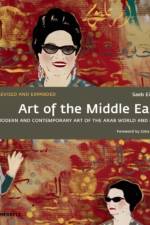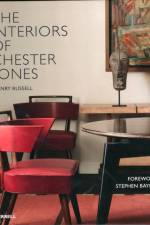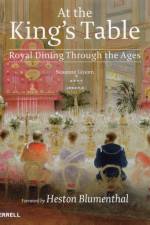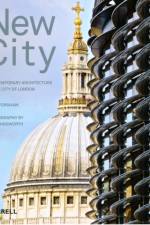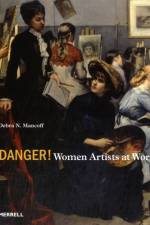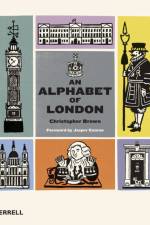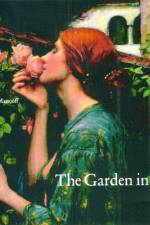av Palani Mohan
409,-
For many hundreds of years Kazakh nomads have been grazing their livestock near the Altai Mountains in western Mongolia. The Altai Kazakhs are unique in their tradition of using golden eagles to hunt on horseback. The lifestyle of these hunters, known in Kazakh as burtkitshis, is changing rapidly, and over the last few years the award-winning photographer Palani Mohan has spent time with these men and their families, documenting a culture under threat.The special bond between a hunter and his eagle begins when the hunter takes an eagle pup from a nest high on the rock face. The pups are usually about four years old (a golden eagle can live to 30 years of age). It's important that the pup has learned to hunt and is not still dependent on her mother; but neither can she be too old nor experienced, or she will not learn to live with humans. The hunters take only female pups from the nest, as females are larger and more powerful and aggressive than the males. Adult female golden eagles can have a wingspan of up to 9 feet, and weigh over 15 pounds.The eagle pup gradually learns to accept food from the hunter, and once trust has been established, the hunter begins to train the bird. The hunters describe the eagle as part of their family. The eagle takes pride of place in the home most of the time except during the day in the summer months or the warmest part of the day in the winter months. While all the men in the family handle the eagle, only the man who took her from the nest hunts with her.Hunting takes place in winter, when temperatures can plummet to minus 40 degrees Farenheit. The birds are carried in swaddling, which the hunters claim keeps them both warm and calm. The strong bond between hunter and eagle is strengthened by the amount of time they spend together. Hunting trips can last many days, as the hunter and eagle trek up to a mountain ridge to obtain a good view across the landscape. Once the prey - usually a fox - is spotted, the hunter charges towards it to flush it into the open, then releases the eagle to make the kill. Hunters traditionally wear fur coats made from the skins of the prey their eagle has caught.The relationship between hunter and eagle typically lasts six to eight years, then the eagle is released back into the wild to breed. One hunter tells Mohan: 'You love them as your own, even when you set them free at the end.'In his book, which comprises an introductory essay and 90 dramatic duotone images, Mohan explains how the burkitshis are slowing dying out. Rather than endure the brutal winters, their children choose to move to the capital, Ulan Bator, for a better way of life. There are also fewer golden eagles in the Altai Mountains. Although the 'Golden Eagle Festival' takes place every October to showcase the ancient art of hunting with eagles, attracting tourists from across the world, there are only between 50 and 60 'true' hunters left. This book is therefore a timely, important record of these proud men and their magnificent eagles in a remote, unforgiving part of the planet.

